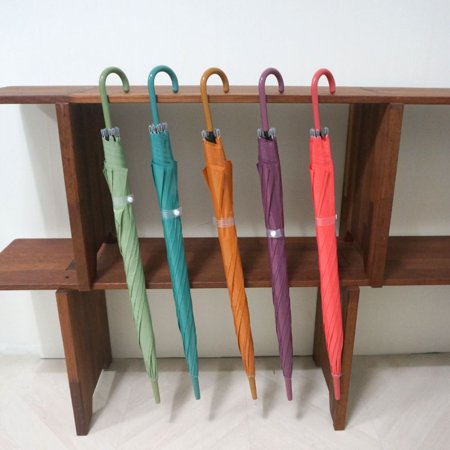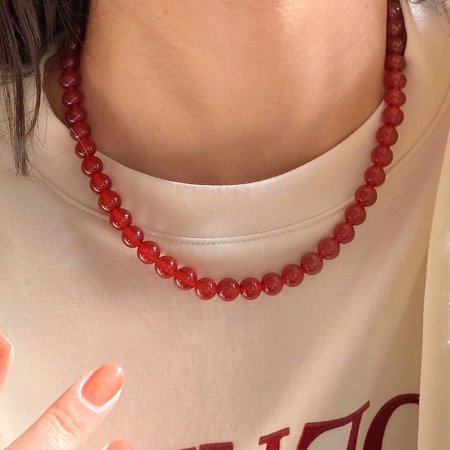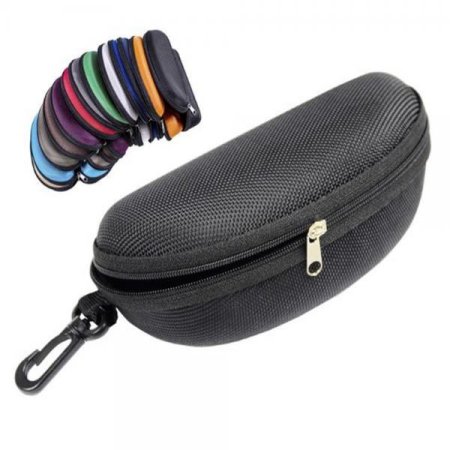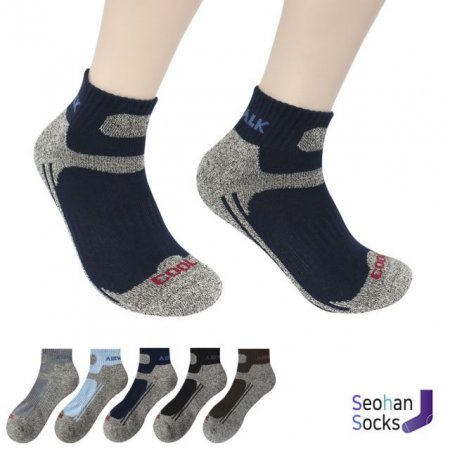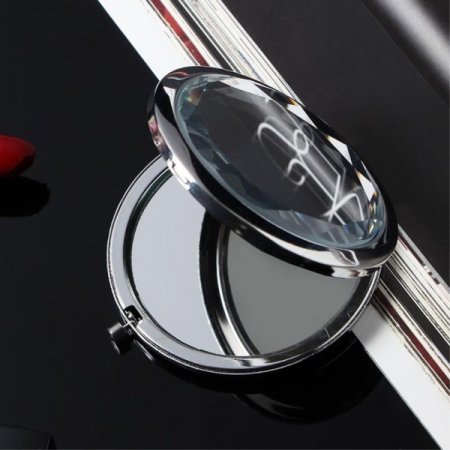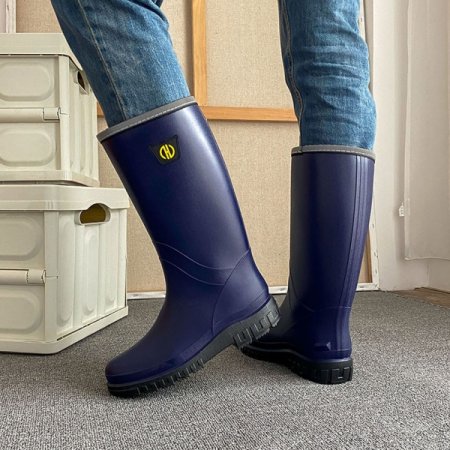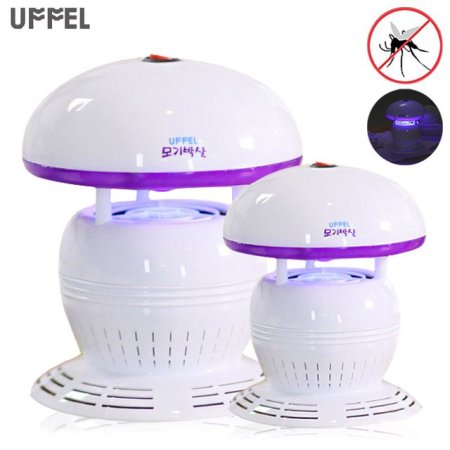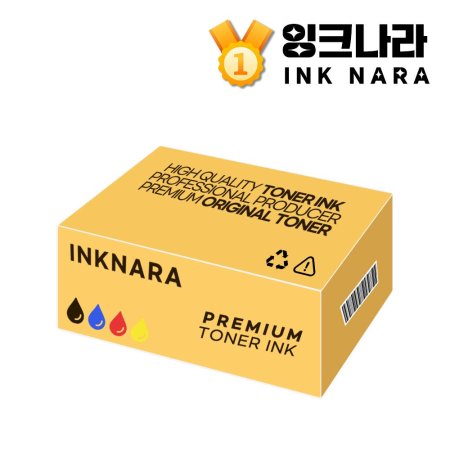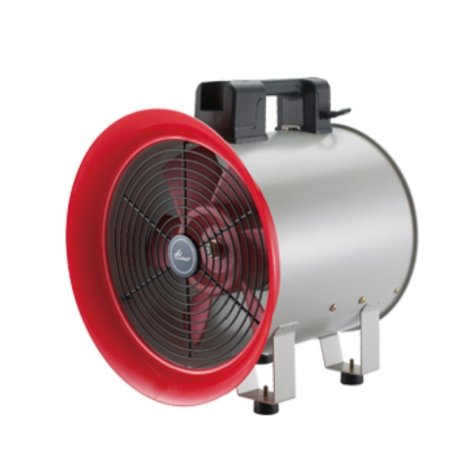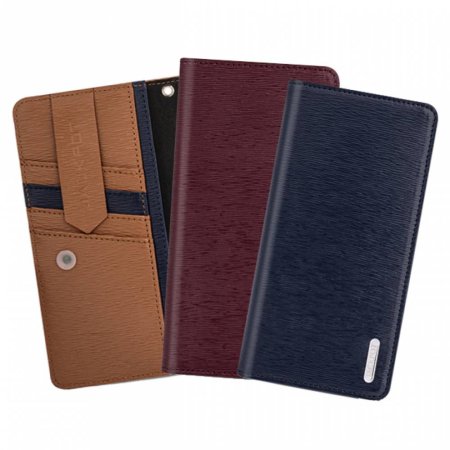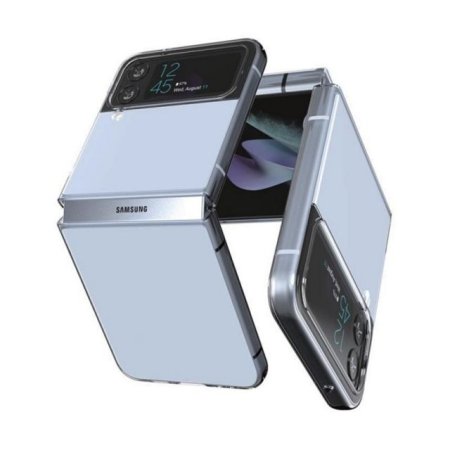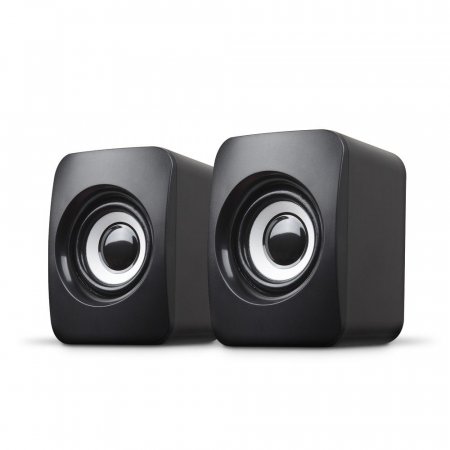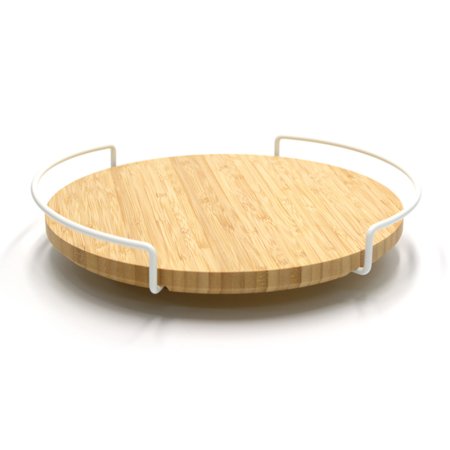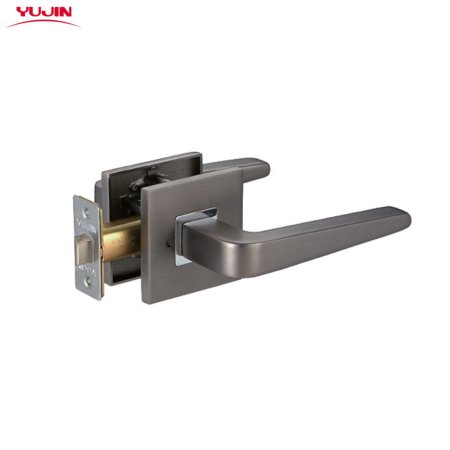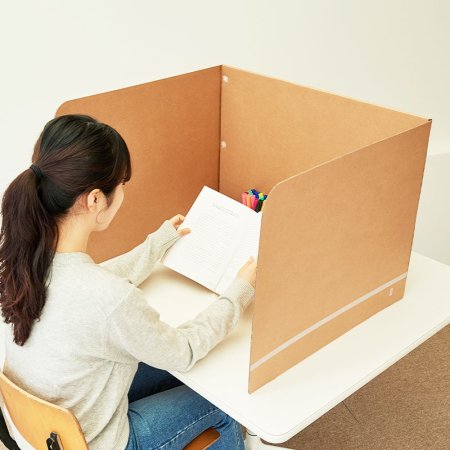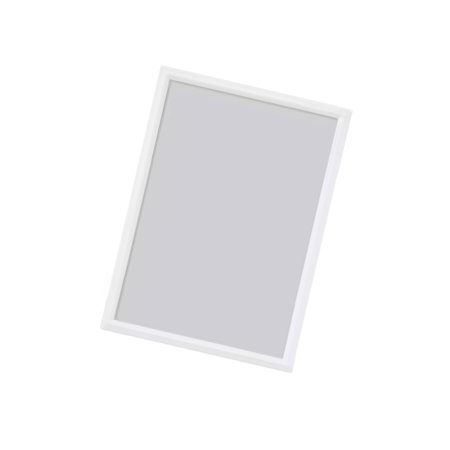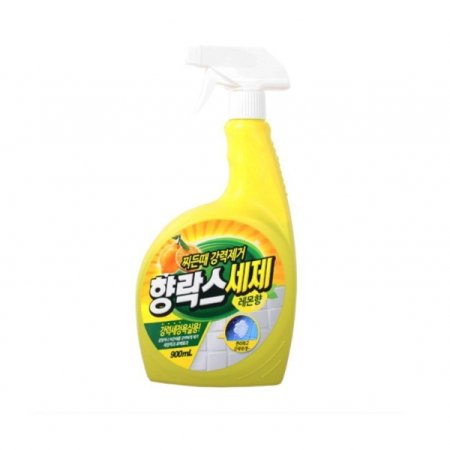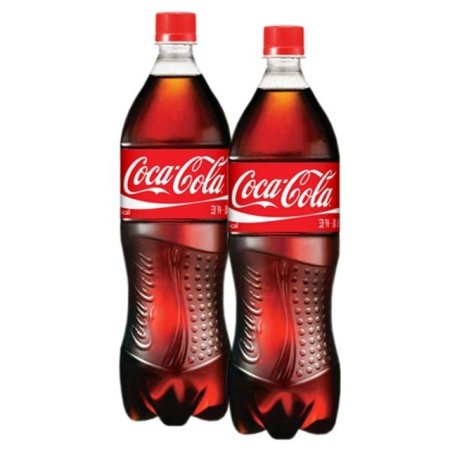US Army seeks more effective UAV in the Arctic
The RQ-7B Shadow was deployed during JPMRC 24-02 at a brigade level. (US Army)
After the US Army announced it would not buy any more RQ-7 Shadows, an11th Airborne Division official told Janes that the unmanned aerial vehicle (UAV) could not be used in cold temperatures.
The Shadow is not approved to operate at temperatures below -20ºF, Lieutenant Colonel James Jones, assistant G3, the assistant officer in charge of operations for the 11th Airborne Division, said in an interview. The UAV was deployed during the the Joint Pacific Multinational Readiness Center (JPMRC) 24-02 training rotation because of unseasonably warm temperatures, but the army needs a new intelligence, surveillance, and reconnaissance (ISR) asset for its brigade commanders, he said.
“Everything up here needs to be rated at least a -40[ºF] for it to really be useful,” Lt Col Jones said. The 11th Airborne Division attempted to get approval for the Shadow to fly under the lower limits of its approved temperatures.
If the UAV breaks while operating outside the approved ranges, the brigade commander assumes the risk, he explained. The approval was not given, but the UAVs were able to be deployed because temperatures reached as high as 39ºF and hovered in the single and low double digits. “If the exercise had moved two weeks to the left, then it would have been the -40ºF, maybe -45ºF, and it would have been too cold to fly that asset,” Lt Col Jones said. The ISR capability is critical to the brigade commander's ability to connect sensor information to fires, he noted.














